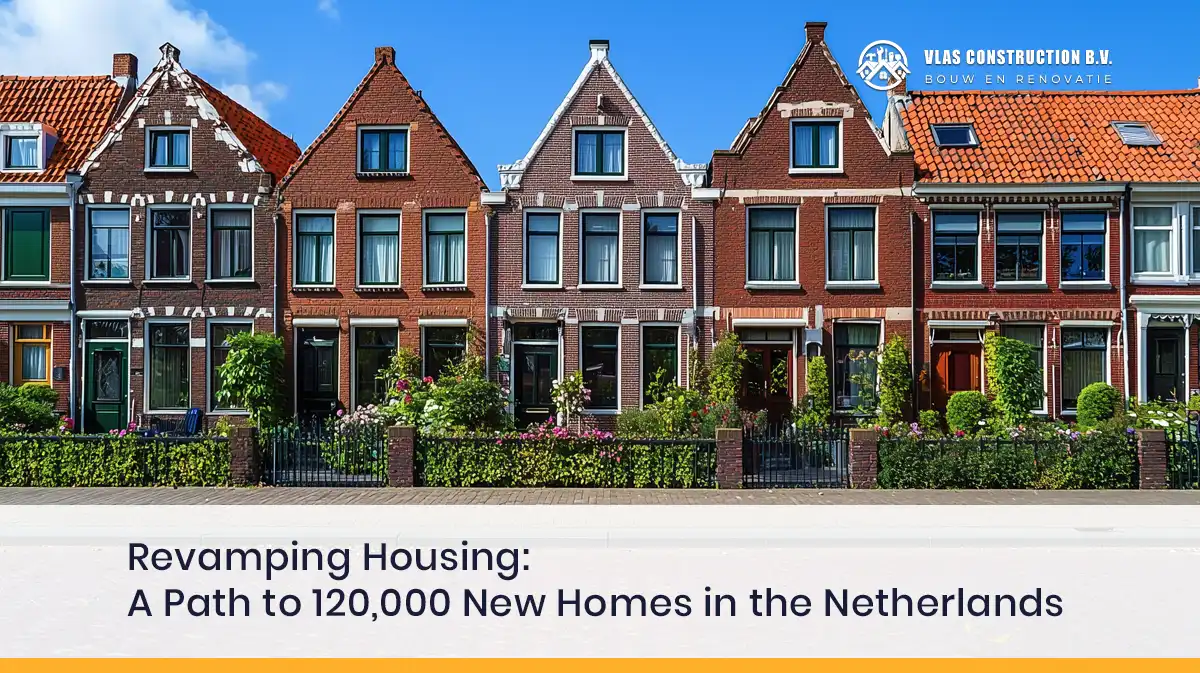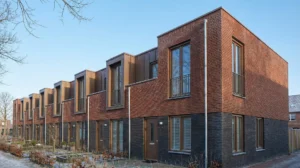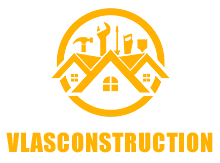A recent report suggests that by 2030, the Netherlands has the potential to generate up to 120,000 new homes simply by refurbishing existing housing stock.
IEB Advocates for Renovations to Boost Housing Supply
The Economic Institute for Construction (IEB) has released a study indicating that the Netherlands could alleviate its strained housing market by tapping into a largely overlooked resource: existing buildings.
The report outlines several strategies for achieving this: dividing larger homes into smaller units, adding additional floors to current structures, and converting buildings such as schools and offices into residential spaces.
Collectively, these approaches could add between 100,000 and 120,000 new homes to the housing market, according to the report. Moreover, the IEB suggests that with government backing through targeted subsidies and legal reforms that currently hinder home division in specific neighborhoods, the number could reach as high as 150,000 new homes.
Ambitious Government Goal: 900,000 New Homes by 2030
While the Dutch government plans to introduce over 900,000 new homes by 2030, Natuur & Milieu, the environmental group that commissioned the IEB study, believes the current focus is predominantly on new constructions. They argue that renovating existing buildings not only helps meet housing goals but is also more environmentally sustainable, reducing CO2 emissions by up to 85 percent compared to new builds.
Statistics from the CBS indicate that in 2023, 73,000 homes were added to the Dutch housing stock, with 15,000 of these resulting from division and transformation efforts.
Exploring Additional Solutions to the Dutch Housing Dilemma
While renovations present one solution to the housing crisis in the Netherlands, the IEB’s findings follow a Rabobank report suggesting other measures. Rabobank recommends curtailing tax incentives for homeowners to lower house and land prices. They note that the benefits homeowners enjoy, such as property value appreciation, remain largely untaxed, burdening renters with the effects of rising housing costs.
The Rabobank report also advocates for increasing the notional rental value—an income amount homeowners must report for tax purposes—from 0.35 percent to 1.7 percent. They argue that this change would help slow property price growth, benefiting renters.
Additionally, the availability of land poses a significant challenge to house building. RaboResearch proposes granting municipalities more flexibility to develop in specific areas.
Despite these suggestions, there is consensus that while these strategies might provide relief, a long-term resolution to the housing crisis will require sustained effort and time.








